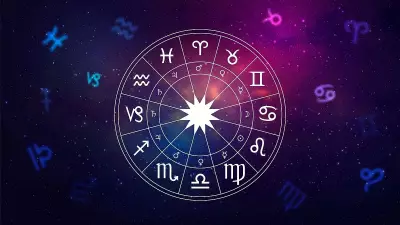
How did your love story begin? Was it through friends at a gathering, a chance encounter in a lecture hall, or a quick swipe on a dating app during your lunch break? Your answer might reveal more about your future happiness than you think.
A groundbreaking new international study, led by Dr. Marta Kowal from the University of Wrocław with contributions from experts at The Australian National University (ANU), suggests that the way you meet your romantic partner plays a significant role in your long-term relationship satisfaction. The findings, published in the journal Telematics and Informatics, also shed light on why many modern couples report feeling unhappy in love.
The Digital Connection: A Pathway to Lesser Happiness?
We live in an era often called the golden age of connection, where a few swipes on a smartphone can unlock thousands of potential partners. While online dating apps have mushroomed globally, making connection effortless, this new research questions the depth of these digital bonds.
The study analyzed data from 6,646 individuals in relationships across 50 countries, collected by the Being Human Lab at the University of Wrocław. The team, led by S. Craig Roberts, discovered a telling pattern: people who met their partners online reported lower levels of marital satisfaction and experienced love less intensely than those who met in person.
This includes lower levels of key ingredients for a successful partnership: intimacy, passion, and commitment.
The research found that about 16 per cent of all participants met their partners online. This number jumped to 21 per cent for those who started their relationships after 2010, indicating a growing trend.
Why Online Matches Struggle
According to Adam Bode, a co-author and PhD student at ANU, the problem may lie in the very nature of online dating. "The internet provides access to a seemingly limitless pool of potential partners, but while this abundance could help individuals find an ideal match, in practice, it often leads to choice overload," Bode explained.
The study also highlights that couples who meet in more traditional, offline settings often benefit from shared social and educational backgrounds. This common ground fosters greater social support, shared life experiences, and aligned values, all of which positively influence relationship quality.
Furthermore, the researchers noted that dating apps, with their immediate nature, tend to prioritize physical attractiveness. Getting to know a person's character and 'vibe' often becomes a secondary consideration.
Bode also pointed out a shift in user intent: "While early users sought lifelong partners, modern users increasingly pursue casual relationships. This shift towards short-term, less committed relationships may, in turn, contribute to lower relationship quality."
Rural Romance Goes Digital
In a surprising twist, the study challenged some preconceived notions about who uses online dating. Contrary to earlier findings, the researchers discovered that individuals from rural areas are just as likely as their urban counterparts to seek partners online, likely due to geographic constraints that limit their offline options.
The research also found no strong evidence that younger people are more inclined to meet partners online, suggesting that navigating digital dating spaces has become a skill accessible across all age groups.
So, the next time you get a 'match' notification, the study urges you to think twice. Is it truly a connection, or just another profile in a sea of endless choices? As digital dating continues to grow worldwide, these findings underscore the need for better support systems to help all couples, especially those who begin their journey online, build stronger, more satisfying relationships.





